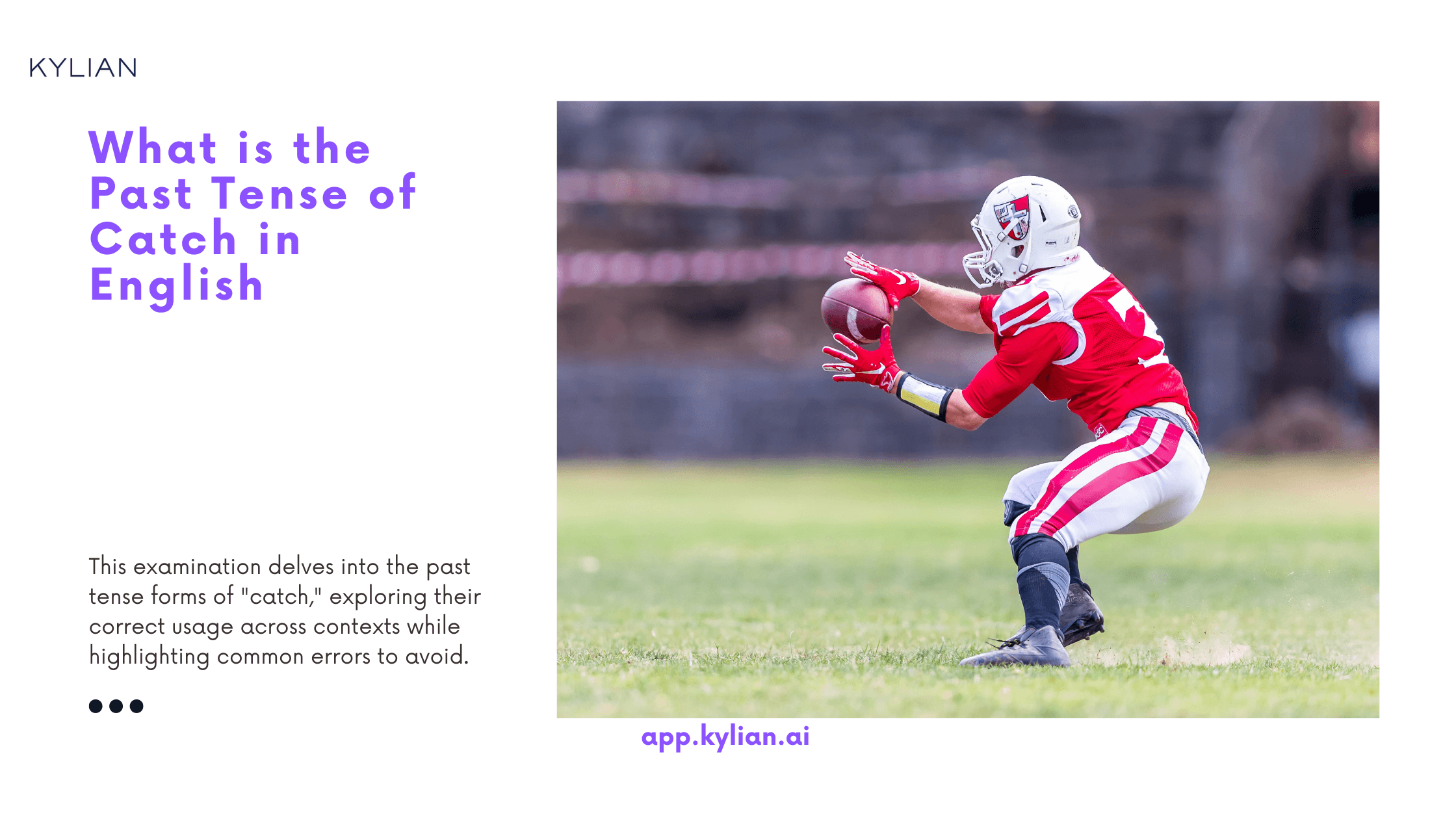

What is the Meaning of "Stand By Me"?
The phrase "stand by me" represents one of those versatile expressions that transcends literal translation to embody profound emotional connections. It fundamentally conveys a commitment to offer unwavering support, loyalty, and protection to someone facing challenges. When we dissect its components, the metaphorical stance of physically "standing" beside someone transforms into an emotional promise of presence during life's inevitable difficulties.


90+ Essential Italian Phrases for Your Italy Adventure
Italy captivates with its artistic heritage, culinary masterpieces, and breathtaking landscapes. The country that gave us Leonardo da Vinci, ancient Roman architecture, and perfect espresso deserves more than just a passing visit. When traveling to Italy, understanding basic Italian phrases dramatically enhances your experience, allowing for meaningful connections with locals and a deeper appreciation of the culture. While most Italians in tourist areas speak some English, making an effort to communicate in their language demonstrates respect and often results in warmer, more authentic interactions. This comprehensive guide provides the essential Italian phrases you'll need for your Italian adventure.


How to Order Food in French: A Comprehensive Guide
France's culinary tradition stands as one of humanity's most significant cultural achievements. The country that gave us the Michelin star system, the concept of haute cuisine, and over 1,500 varieties of cheese has transformed food from mere sustenance into an art form. Learning to navigate French restaurants and order food in the native language isn't just a practical skill—it's your entry point into a centuries-old gastronomic heritage. This guide will equip you with the precise vocabulary, cultural context, and practical phrases to confidently order food in French. Whether you're planning your first trip to Paris or simply want to impress at your local French bistro, these language skills will transform your dining experience from potentially awkward to authentically French.


Past Participle of Bite in English: Comprehensive Guide
The English language presents numerous challenges to learners and native speakers alike, particularly when it comes to irregular verb forms. Understanding the past participle of "bite" represents one such challenge that warrants closer examination. Why does this matter? Because mastering these fundamental grammatical elements directly impacts how effectively we communicate, both in writing and speech. This guide examines the past participle of "bite," exploring its forms, usage patterns, and common mistakes that even advanced English speakers make. The irregular nature of "bite" creates a learning opportunity that extends beyond mere memorization. By understanding the linguistic principles behind its conjugation, we gain insight into the historical development of English and better equip ourselves to navigate similar irregular patterns. Let's dive into this topic with clarity and precision.
![Shall vs Should: Master These Modal Verbs [English]](/_next/image?url=https%3A%2F%2Fcdn.sanity.io%2Fimages%2F147z5m2d%2Fproduction%2F01543b62febab109d7aeaada6263a488165864e4-2240x1260.png&w=3840&q=75)

Shall vs Should: Master These Modal Verbs [English]
Have you ever hesitated when choosing between "shall" and "should" in your writing or speech? The confusion surrounding these two modal verbs is common among English learners and even native speakers. Though they appear similar and belong to the same grammatical category, they carry distinct meanings and implications that, when misused, can significantly alter your intended message. Understanding the difference between "shall" and "should" represents a crucial step toward English language mastery. Proper usage not only demonstrates grammatical competence but also enables you to convey precise degrees of obligation, formality, and intent in your communication.


What is the Past Tense of Catch in English
Navigating English verb tenses presents significant challenges, particularly when dealing with irregular verbs like "catch." Understanding the nuances between "caught" and misconceptions like "catched" creates clarity in communication and elevates writing quality. This examination delves into the past tense forms of "catch," exploring their correct usage across contexts while highlighting common errors to avoid.


English Gerunds: Master Verb Forms for Better Grammar
Gerunds represent one of English grammar's most versatile tools, yet many language learners struggle to grasp their full potential. These verb forms functioning as nouns create precision, elegance, and economy in expression—qualities that separate basic communicators from those with true language mastery. This comprehensive guide dissects gerunds in their various forms and functions, providing practical frameworks for implementation rather than mere theoretical understanding. By analyzing how gerunds operate within sentence structures, you'll develop the linguistic dexterity needed for sophisticated English communication.


English Abbreviations: Initials Explained Simply
Communication efficiency drives language evolution. Abbreviations—particularly those derived from initials—represent this fundamental linguistic optimization. They compress complex concepts into accessible shorthand, creating linguistic shortcuts that simultaneously accelerate communication and establish insider communities through shared knowledge. The strategic deployment of initial abbreviations transcends mere convenience—it serves as a critical communication tool across professional environments, digital platforms, and evolving social contexts. Understanding these abbreviations constitutes an essential component of modern English fluency. This comprehensive analysis explores how initial abbreviations function within English, examining their structural patterns, contextual applications, and strategic implementation across various domains.


German Definite and Indefinite Articles: Complete Guide
Learning a new language requires understanding its fundamental building blocks. In German, articles represent one of these crucial elements that, when mastered, significantly enhance your communication abilities. This comprehensive guide examines the definite and indefinite articles in German grammar, offering clarity on their usage, forms, and exceptions.


What is the meaning of "so are you" in English?
Language efficiency matters in conversation. Rather than repeating entire statements back to someone who has just complimented you, English offers elegant shortcuts—with "so are you" standing out as one of the most effective reciprocal expressions. This phrase serves as a grammatical mirror, reflecting compliments back to the speaker without redundant repetition. Understanding its usage unlocks a layer of conversational fluency that distinguishes natural English speakers.


Words That Make You Sound Smarter in English
Communication prowess extends beyond basic fluency—the specific words you choose can significantly shape how others perceive your intelligence. Recent research reveals fascinating insights into which vocabulary choices elevate your perceived intellect and which might inadvertently label you as pretentious.


What Are the Hardest Languages to Learn? In-Depth Analysis
The journey of language acquisition varies dramatically depending on which language you choose to study. While all languages require commitment, some demand exceptional perseverance due to their inherent complexity. The most challenging languages can require up to four times more study hours than simpler ones, representing a significant investment of time and mental energy. This analysis examines which languages consistently rank as the most difficult to master, explores the specific elements that create these challenges, and provides evidence-based strategies to overcome them.


The 10 Best Apps to Learn Tagalog in 2025
Learning Tagalog opens doors to the rich cultural heritage of the Philippines and connects you with over 22 million native speakers. Whether you're planning a trip to Manila, communicating with Filipino relatives, or expanding your linguistic repertoire, finding the right tools matters significantly. After extensive testing and analysis, I've identified the most effective Tagalog learning applications available today. Each app has been evaluated based on teaching methodology, content quality, user experience, and proven results for different learning styles and objectives.


Learn Vocabulary Fast: Science-Backed Methods
Vocabulary acquisition represents one of the fundamental pillars of language learning, yet many learners approach it inefficiently. Despite its apparent simplicity compared to grammar structures or pronunciation patterns, building a substantial vocabulary requires strategic methods based on cognitive science rather than rote memorization. This article explores evidence-based approaches to accelerate vocabulary acquisition and retention, particularly for learners of languages with extensive lexicons like English.
![What Does "Bozhe Moi" Mean? [Russian]](/_next/image?url=https%3A%2F%2Fcdn.sanity.io%2Fimages%2F147z5m2d%2Fproduction%2Fe5207249dc57abc03b6ad06a30812a400294b388-2240x1260.png&w=3840&q=75)

What Does "Bozhe Moi" Mean? [Russian]
Languages carry emotional expressions that reveal cultural mindsets and historical contexts. Russian, with its rich linguistic heritage, offers several expressive phrases that have transcended borders. Among these expressions, "bozhe moi" stands out as particularly evocative and widely recognized. This phrase encapsulates a spectrum of emotions—from surprise to exasperation—and has found its way into global consciousness through literature, cinema, and cultural exchanges. Understanding "bozhe moi" opens a window into Russian emotional expression and provides insight into how languages convey feelings that often defy direct translation. Let's explore this quintessential Russian expression, its meaning, usage, and cultural significance.


Korean Syllables: Formation Rules and Structure Guide
The Korean writing system stands as one of the most logical and systematic scripts ever created, yet many learners stumble at the fundamental level of syllable construction. This systematic breakdown matters because understanding syllable formation isn't just about writing correctly—it's about unlocking the architectural logic that makes Korean uniquely efficient among world languages. Korean syllables operate on principles that Western learners often find counterintuitive. Where English allows individual letters to stand alone, Korean demands that every sound component integrate into cohesive blocks. This distinction shapes everything from pronunciation patterns to text processing, making syllable mastery essential for genuine fluency.


Too Soon or To Soon: Know It All
The English language presents numerous challenges for learners and native speakers alike, particularly when it comes to homophones—words that sound alike but differ in meaning, spelling, or usage. The confusion between "too soon" and "to soon" exemplifies this linguistic complexity. This distinction, while seemingly minor, can significantly impact communication clarity and perceived linguistic competence. Understanding the correct usage of "too soon" versus "to soon" requires examination of fundamental grammar rules, contextual applications, and common pitfalls. The implications of misusing these phrases extend beyond academic contexts into professional environments and everyday interactions, where precision in language often correlates with credibility. This article dissects the grammatical foundations underlying these expressions, explores their contextual applications, and provides practical strategies for mastering their correct usage. Whether you're a language learner, educator, or professional writer, recognizing these subtle distinctions will enhance your command of English expression.


The More vs The Most: Key Differences and Examples
Mastering comparative and superlative forms represents a critical milestone for English language learners. The distinction between "more" and "most" fundamentally shapes how we express degrees of comparison in English, yet many learners struggle with applying these forms correctly. This comprehensive guide examines the rules governing "more" versus "most," identifies common mistakes, and provides practical strategies for using these comparative structures effectively in both written and spoken communication. Understanding when to use "more" versus "most" doesn't just improve grammatical accuracy—it enhances the precision and sophistication of expression, allowing for nuanced communication across various contexts from academic writing to everyday conversation. The ability to make appropriate comparisons reflects an advanced command of English and contributes significantly to communicative competence.


The Plural Form of Police in English
Grammar affects our daily communication more profoundly than we often acknowledge. One grammatical concept that frequently causes confusion is the plural form of collective nouns like "police." Understanding the correct usage matters not just for academic purposes but for clear and effective communication across various contexts.


Code-switching at Work: What Companies Need to Know
Code-switching affects nearly every professional. If you've ever caught yourself adapting your vocabulary, adjusting your speech patterns, or modifying your communication style based on who you're speaking with, you've experienced code-switching.


The Complete Guide to the Portuguese Alphabet: From A to Z
Learning a language begins with understanding its fundamental building blocks. For Portuguese learners, mastering the alphabet creates a solid foundation for pronunciation, reading, and spelling—essential skills that determine your fluency journey's success. Portuguese utilizes the Latin alphabet, making it initially accessible for English speakers. However, beneath this surface-level familiarity lie crucial differences in pronunciation, accentuation, and letter combinations that significantly impact comprehension and speaking ability.


Core Portuguese Sayings About Love and Life
Portuguese expressions captivate with their profound wisdom and emotional depth, offering windows into centuries of cultural perspective. These sayings do more than decorate conversation—they encapsulate collective experiences that traverse generations, particularly when discussing matters of the heart and life's journey.


Shiranai vs Wakaranai: Key Differences in Japanese
Japanese learners often stumble when deciding between using "shiranai" (知らない) or "wakaranai" (分からない). These seemingly similar expressions carry distinct meanings that, when misused, can lead to significant misunderstandings. This comprehensive guide examines the critical differences between these expressions, providing clarity for Japanese language learners at all levels.


9 Best Math Apps to Learn and Practice in English
Mathematics remains the foundation of countless disciplines, from finance to engineering. Yet many students and professionals struggle with mastering vital mathematical concepts. The rise of educational technology has revolutionized how we approach math learning, with specialized applications offering personalized instruction, interactive practice, and immediate feedback. After thorough analysis of the current educational app landscape, we've identified the nine most effective mathematics applications that cater to diverse learning styles, age groups, and proficiency levels. These apps transform abstract mathematical concepts into engaging, practical exercises that enhance comprehension and retention.